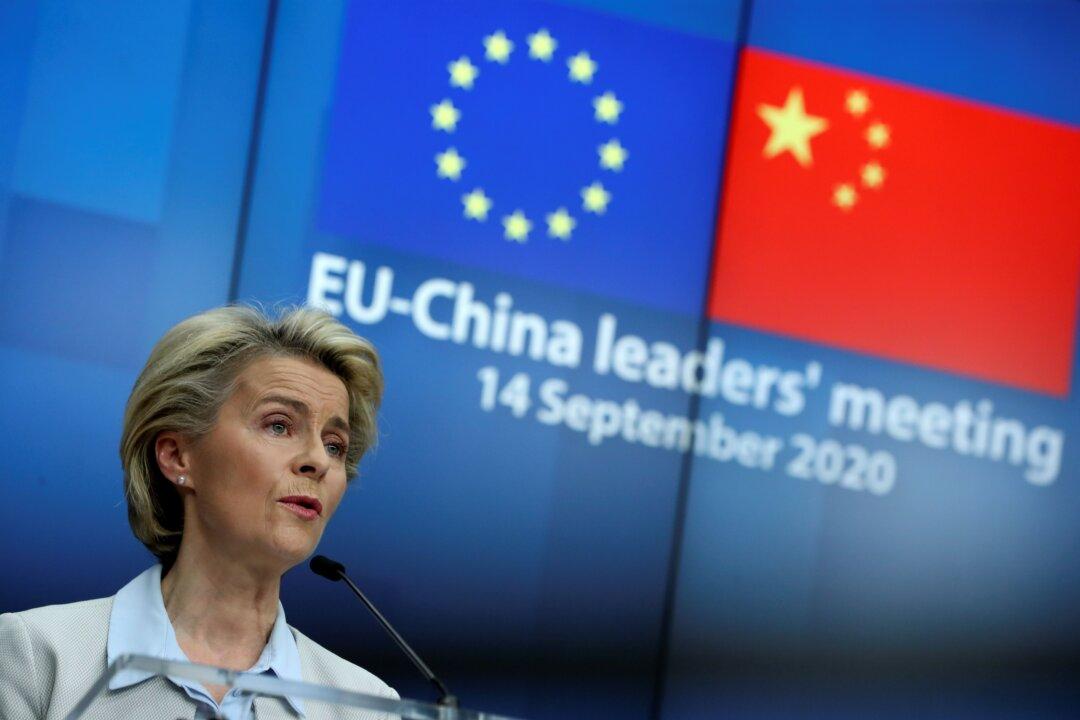Commentary
As Washington steps up pressure on China and shows every intention of decoupling the U.S. and Chinese economies, the European Union (EU) finds itself in a bind.

As Washington steps up pressure on China and shows every intention of decoupling the U.S. and Chinese economies, the European Union (EU) finds itself in a bind.